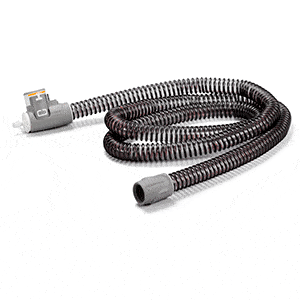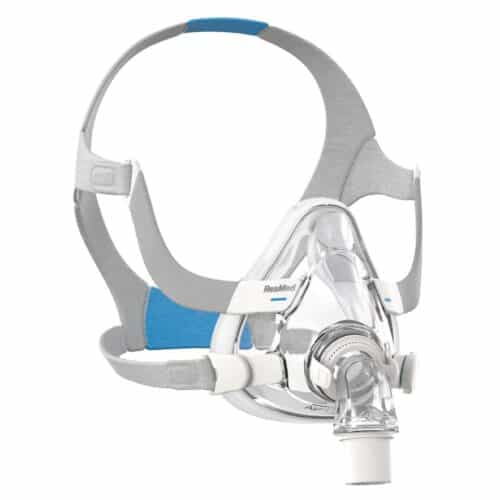Get 10% off your order!
Sign up below for PAP’s Newsletter, and keep an eye on your inbox for a one-time code. Offer not available on sale items.
Sleep and mental health are closely intertwined. You might, if you’re like us and love some good wordplay, even call them bedfellows.
Sleep and mental health have a bidirectional relationship. We know, we know, we promised to only use plain-speak, so let us explain. A bidirectional relationship means that both items impact the other–the worse sleep you get, the more depressed you can become, and the more depressed you become, the more your sleep suffers.
Sleep is not just linked to depression. It’s also twisted in the sheets with two other major mental health concerns–anxiety and stress.
With World Mental Health Day this Saturday, October 10, we wanted to bring some awareness to the impact that good sleep can have on these serious mental health issues, and the connections between sleep apnea and mental health. Let’s dive in!
The American Psychological Association defines anxiety as “an emotion characterized by feelings of tension, worried thoughts and physical changes like increased blood pressure.” Anxiety is known to cause sleep disorders such as insomnia. But how is it linked to sleep apnea?
Each apnea episode causes the body to jerk awake in an effort to resume breathing. When this happens multiple times, night after night, patients start to experience a sleep debt, affecting brian activity, neurochemicals, and heart and blood pressure. The body becomes less able to heal and recover, which can lead to symptoms of restlessness, fatigue, panic, hyperventilation, chest pain, and other anxiety-like conditions.
While it’s not clear if sleep apnea causes anxiety or vice versa, it is clear that sleep apnea intensifies symptoms of anxiety, PTSD and panic disorders.
Sleep disorders can change the function of the neurotransmitter serotonin. Serotonin has a number of important jobs in the brain, but perhaps it’s most well-known and most important is contributing to wellbeing and happiness. Some people even call it the “happy chemical” (not us though, but some people).
These serotonin changes, along with disruptions to circadian rhythms, can contribute to and exacerbate depression. In fact, according to SleepFoundation.org, 20% of people with depression have sleep apnea.
Many mental health doctors order sleep apnea testing for patients who experience insomnia, since the connection is so strong.
It’s imperative to seek medical treatment if you are experiencing symptoms of anxiety, depression and/or sleep apnea. The good news is, treatment for any of the disorders can help the others (because it’s bidirectional, remember?!).
If you’re unsure whether you have any of these disorders, you can start by getting diagnosed with an at home sleep study. If you test positive for sleep apnea, the next step is to get your CPAP prescription and CPAP therapy equipment.
As your digital sleep clinic, cpapRX makes it simple to get diagnosed, get your prescription, get your supplies and get sleeping, all from the comfort of your home! Get started online today, and feel free to call 833-216-CPAP or email sleeptight@cpaprx.com if you have any questions.


Sign up below for PAP’s Newsletter, and keep an eye on your inbox for a one-time code. Offer not available on sale items.
SUBSCRIBE TO OUR NEWSLETTER Receive exclusive offers & insightful articles to enhance your sleep.
Search by product name, type or brand.
